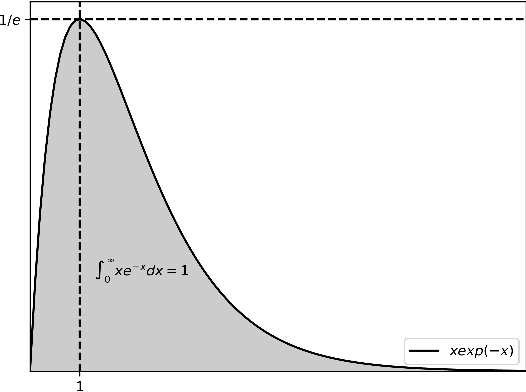Inference on Optimal Dynamic Policies via Softmax Approximation
Paper and Code
Mar 08, 2023


Estimating optimal dynamic policies from offline data is a fundamental problem in dynamic decision making. In the context of causal inference, the problem is known as estimating the optimal dynamic treatment regime. Even though there exists a plethora of methods for estimation, constructing confidence intervals for the value of the optimal regime and structural parameters associated with it is inherently harder, as it involves non-linear and non-differentiable functionals of un-known quantities that need to be estimated. Prior work resorted to sub-sample approaches that can deteriorate the quality of the estimate. We show that a simple soft-max approximation to the optimal treatment regime, for an appropriately fast growing temperature parameter, can achieve valid inference on the truly optimal regime. We illustrate our result for a two-period optimal dynamic regime, though our approach should directly extend to the finite horizon case. Our work combines techniques from semi-parametric inference and $g$-estimation, together with an appropriate triangular array central limit theorem, as well as a novel analysis of the asymptotic influence and asymptotic bias of softmax approximations.
 Add to Chrome
Add to Chrome Add to Firefox
Add to Firefox Add to Edge
Add to Edge